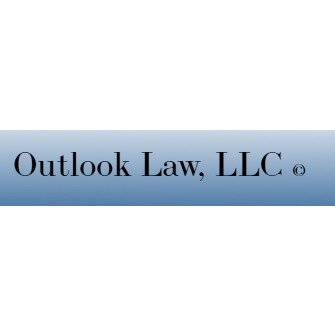Best Tax Lawyers in Anchorage
Share your needs with us, get contacted by law firms.
Free. Takes 2 min.
List of the best lawyers in Anchorage, United States
About Tax Law in Anchorage, United States:
Tax law in Anchorage, United States, is governed by federal, state, and local laws. Federal tax laws apply throughout the United States and cover areas such as income, estate, and sales taxes. The state of Alaska is unique in that it doesn't have a statewide sales tax or personal income tax. However, there are still specific tax laws and regulations such as property taxes, corporation taxes, and oil and gas production taxes. Anchorage, as one of the municipalities of Alaska, also levies its specific taxes such as property and sales taxes in certain areas.
Why You May Need a Lawyer:
Tax law can be complex and intricate, which may prompt the need for a tax attorney. Typically, individuals and businesses might require a tax lawyer for estate planning, when starting a business, tax dispute resolution, back taxes and tax debt relief, understanding and taking advantages of specific tax credits or exemptions, or when dealing with the IRS for audits or appeals.
Local Laws Overview:
Locally, Anchorage follows the State of Alaska in not having a general sales tax or personal income tax. However, certain areas in Anchorage do charge a specific, localized sales tax. Property tax is also applicable and is the primary source of tax revenue for the municipality. Non-profit and certain other types of property may have specific tax exemptions. Additionally, businesses may have to pay specific taxes, like Motor Fuel Tax.
Frequently Asked Questions:
1. Do I need to pay an income tax living in Anchorage?
No, the state of Alaska, including Anchorage, does not impose a personal income tax.
2. Are there any sales taxes in Anchorage?
In general, Anchorage does not have a citywide sales tax. However, certain specific areas may impose localized sales taxes.
3. What is the property tax rate in Anchorage?
Property tax rates can vary depending on the area of Anchorage you live in. It is advised to check with the Anchorage Municipal Treasurer's office for the most accurate information.
4. Can I appeal my property tax assessment in Anchorage?
Yes, property owners have the right to appeal their tax assessments within a specific timeframe as per the local laws.
5. Do I need to pay Motor Fuel Tax for my business?
If your business involves dealing with motor fuel, you may be required to pay the Motor Fuel Tax as per local laws. It is recommended to consult with a tax attorney for clarification.
Additional Resources:
For more information on tax laws and regulations in Anchorage, individuals and businesses can refer to the Alaska Department of Revenue, the Anchorage Municipal Treasury, and the Internal Revenue Service (IRS). Local libraries and law schools may also offer resources on tax laws. In addition, local bar associations can provide information on finding and selecting a tax attorney in Anchorage.
Next Steps:
If you need legal assistance with tax matters in Anchorage, consider contacting a qualified tax attorney. A lawyer specialized in tax laws will be able to guide you based on your specific situation, whether it pertains to property taxes, business taxes or any other realm of the local tax law. Prior to meeting with a lawyer, prepare your tax documents, records, and any questions you may have to ensure that the meeting is comprehensive and beneficial to you.
Lawzana helps you find the best lawyers and law firms in Anchorage through a curated and pre-screened list of qualified legal professionals. Our platform offers rankings and detailed profiles of attorneys and law firms, allowing you to compare based on practice areas, including Tax, experience, and client feedback.
Each profile includes a description of the firm's areas of practice, client reviews, team members and partners, year of establishment, spoken languages, office locations, contact information, social media presence, and any published articles or resources. Most firms on our platform speak English and are experienced in both local and international legal matters.
Get a quote from top-rated law firms in Anchorage, United States — quickly, securely, and without unnecessary hassle.
Disclaimer:
The information provided on this page is for general informational purposes only and does not constitute legal advice. While we strive to ensure the accuracy and relevance of the content, legal information may change over time, and interpretations of the law can vary. You should always consult with a qualified legal professional for advice specific to your situation.
We disclaim all liability for actions taken or not taken based on the content of this page. If you believe any information is incorrect or outdated, please contact us, and we will review and update it where appropriate.














